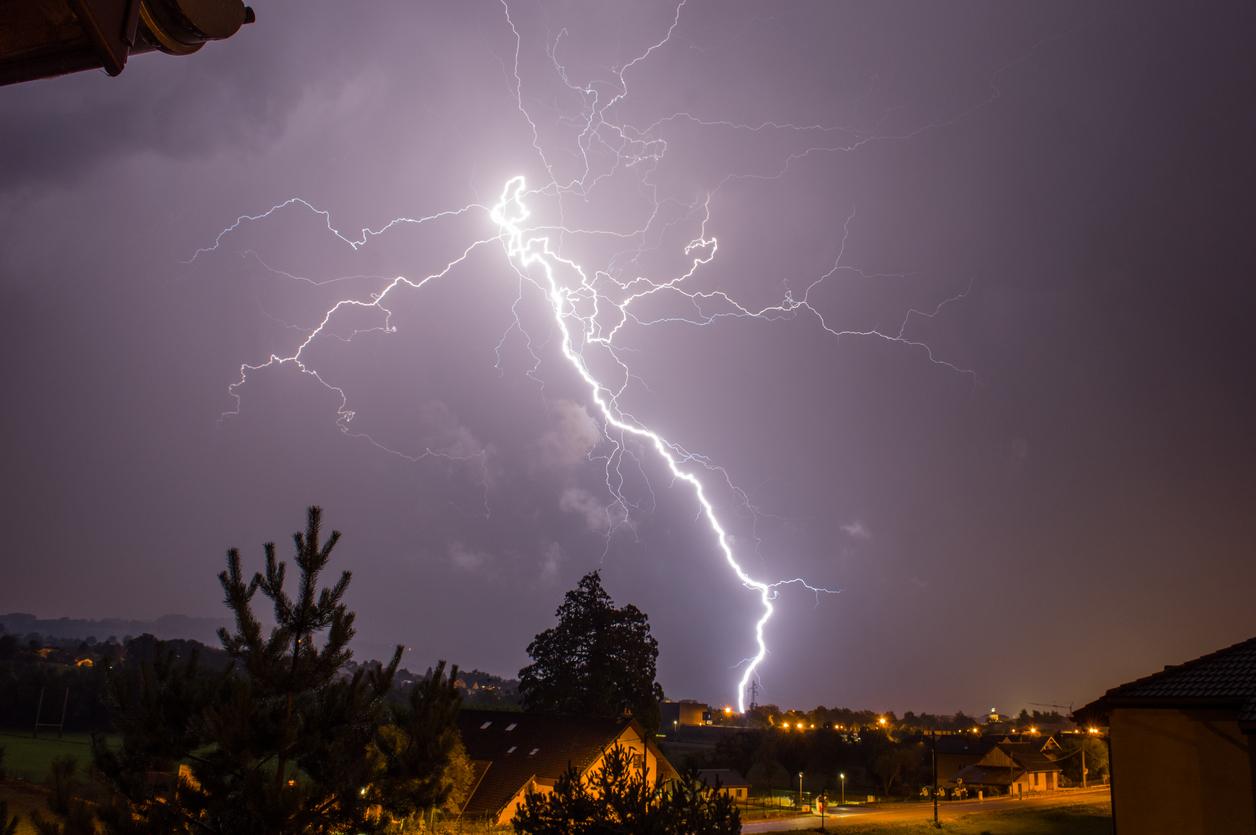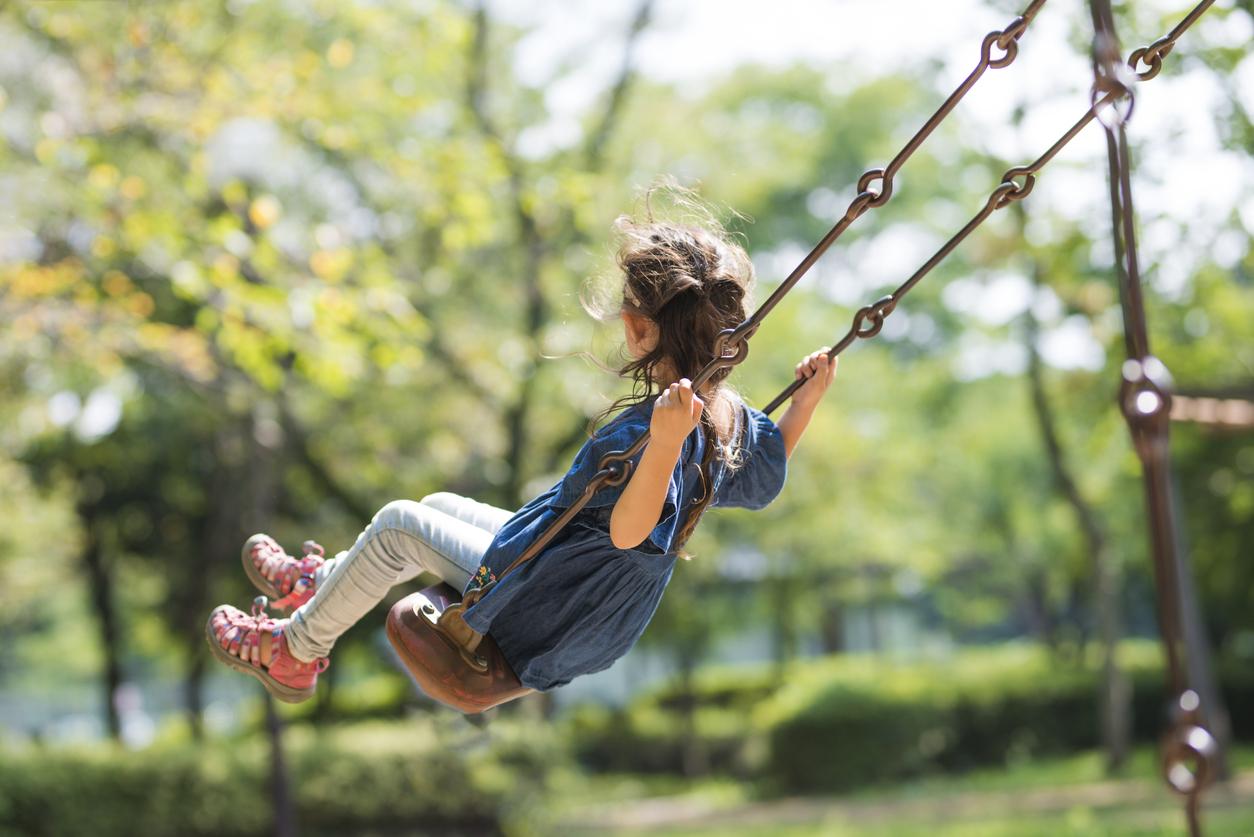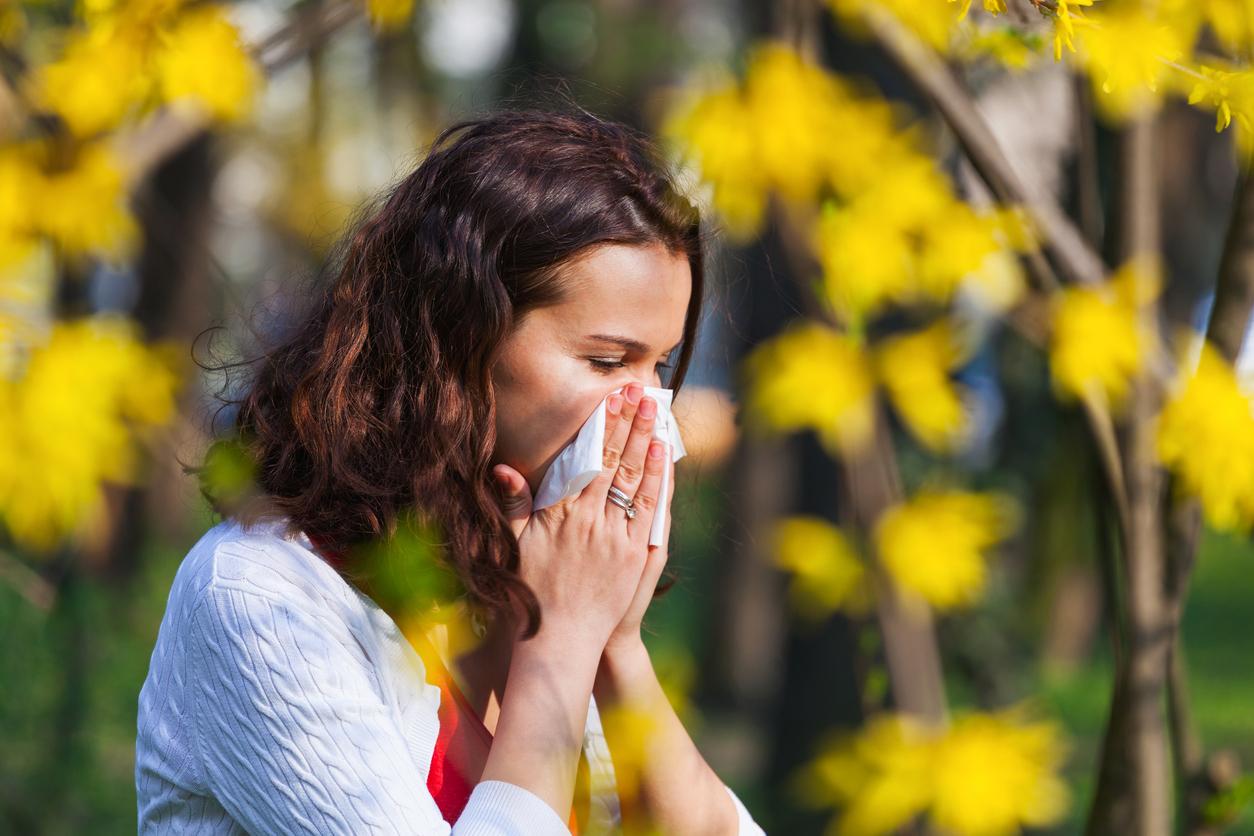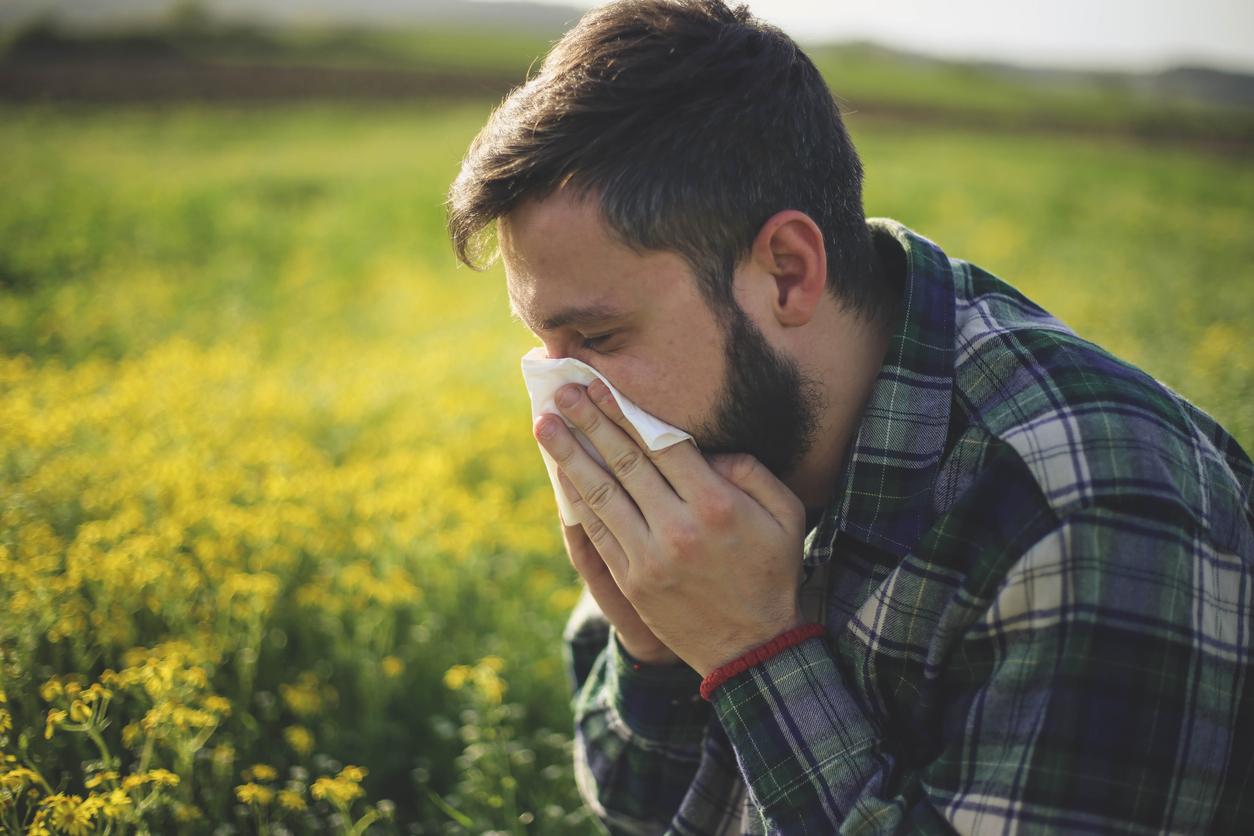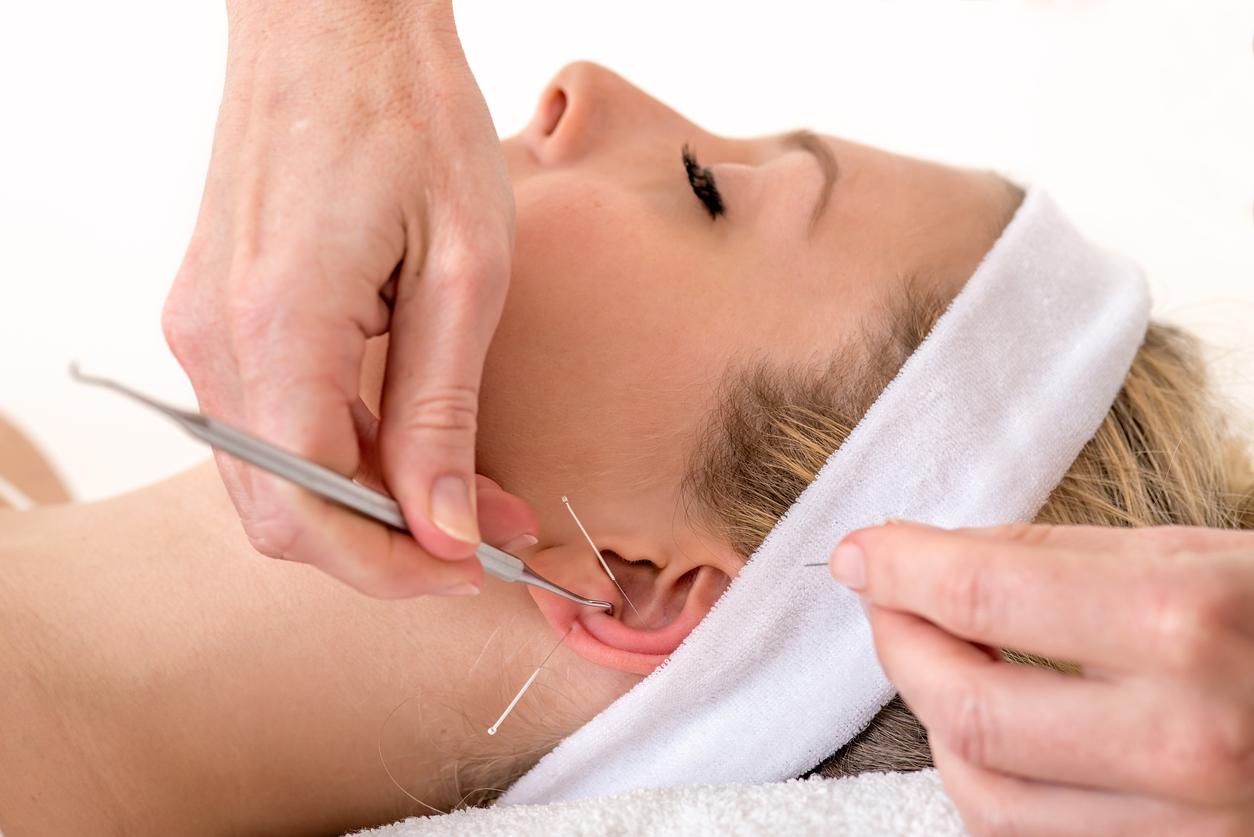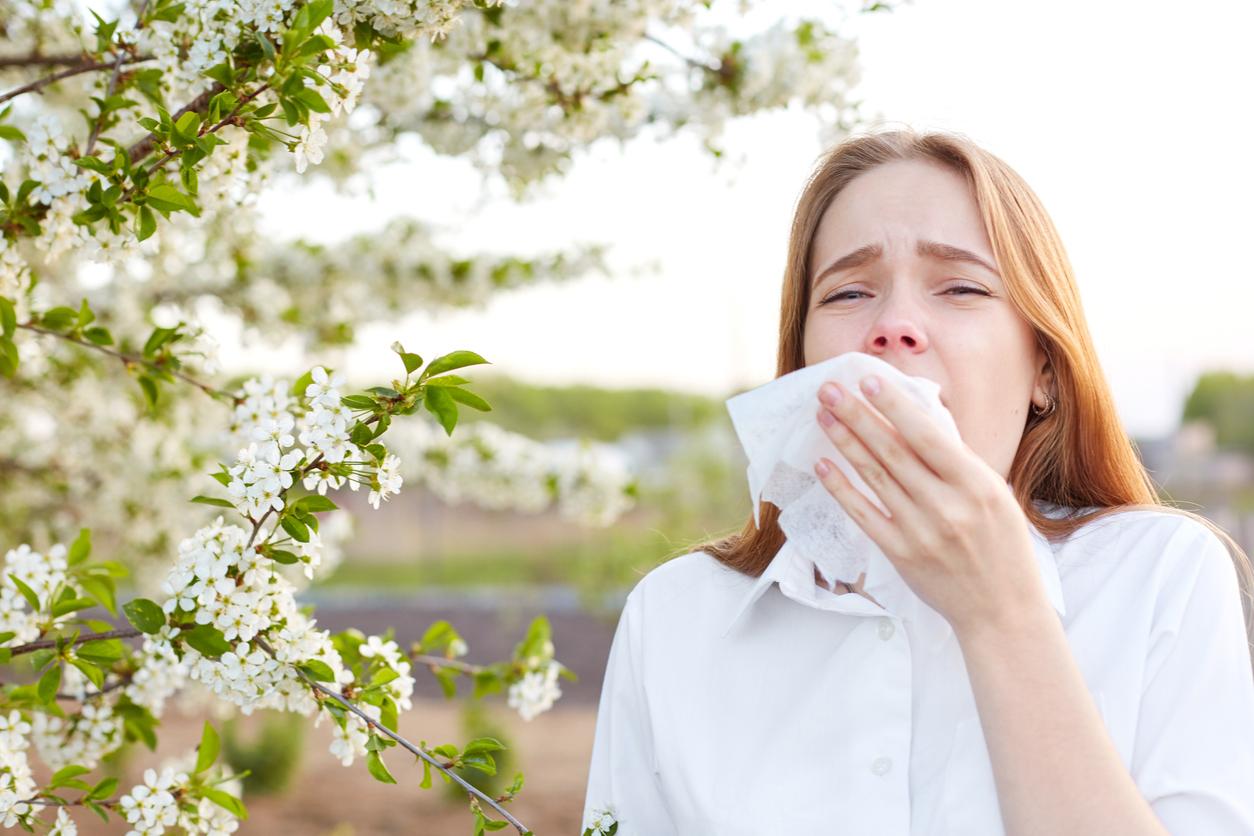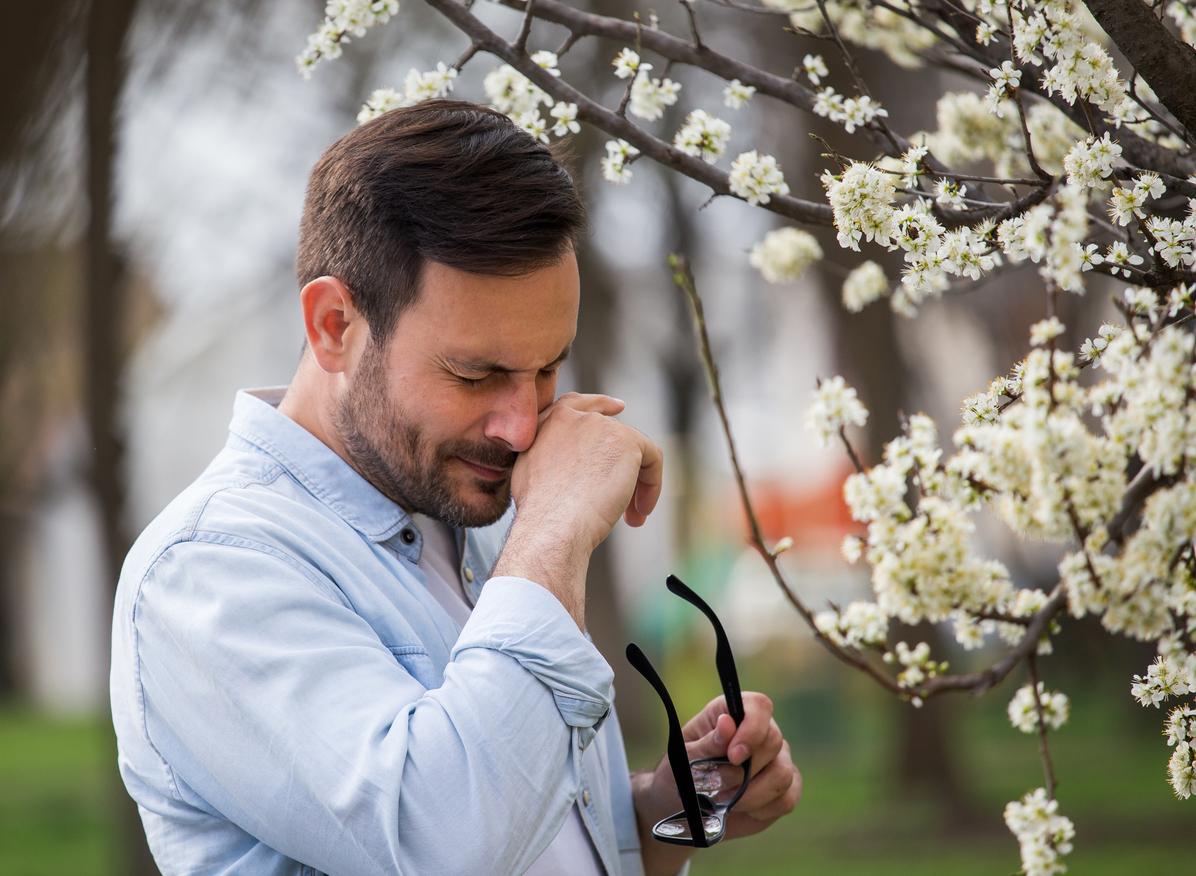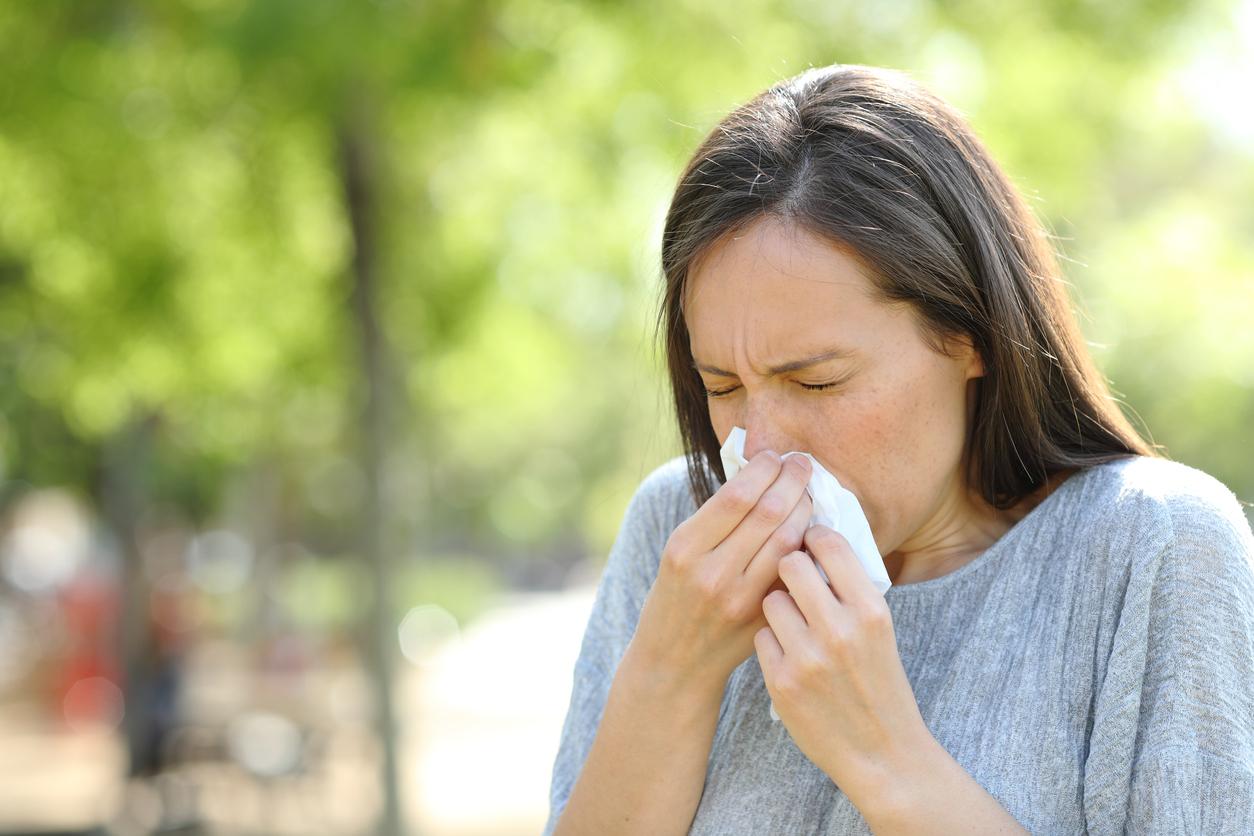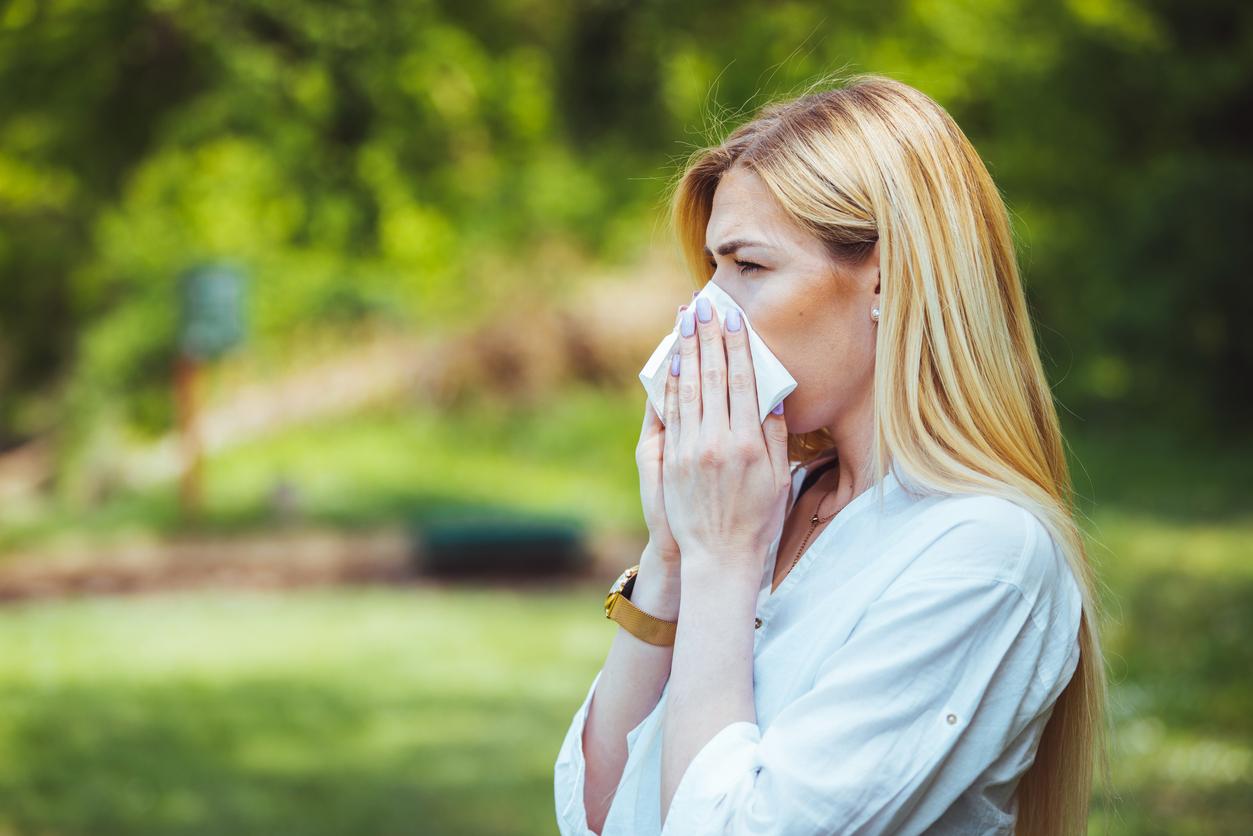Grass pollen always complicates the lives of people suffering from allergic rhinitis: with the exception of the Mediterranean basin, the whole of France is classified as having a high risk of allergy.
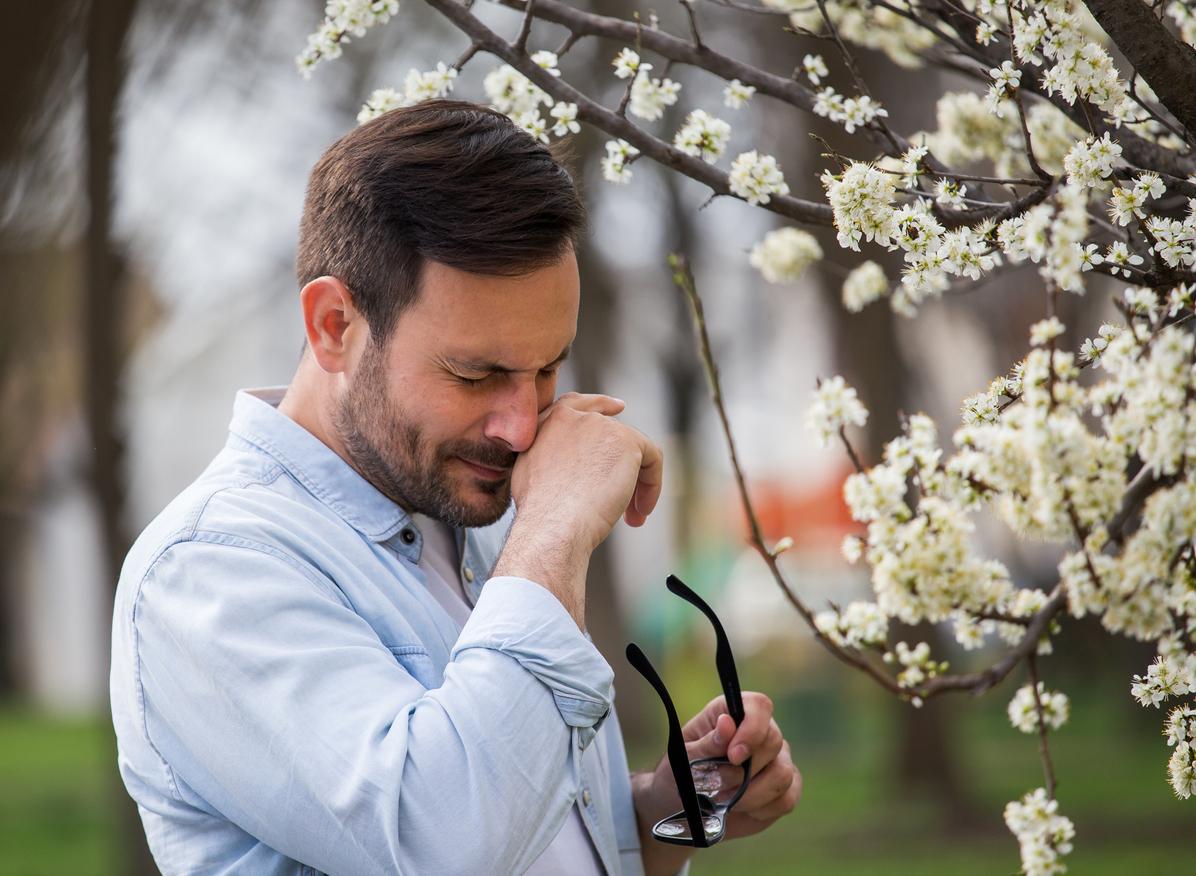
- Almost all of France is at high risk of allergy due to grass pollen.
- Only the Mediterranean basin is spared by this pollen, and thus classified as medium risk.
- Some recommendations should be followed to protect yourself from pollen.
People sensitive to grass pollen will continue to cough and have watery eyes for the next few days. The latest forecasts from the National Aerobiological Surveillance Network (RNSA) show that the risks of seasonal allergies remain very high in France.
Grass pollen: the Mediterranean basin less affected
Grass pollens are the most common and the most allergenic in France. According to the RNSA, the risk of allergy will be high for grass pollen throughout France, except around the Mediterranean. Unlike the other metropolitan departments, Bouches-du-Rhône, Var, Alpes-Maritimes and Corsica show a medium level risk.
“The beautiful sunny weather conditions and high temperatures will promote the emission and dispersal of grass pollen in the air”explains the organization on its website.
Besides grasses, other types of pollen can also cause allergies. According to RNSA forecasts, the risk will not exceed the low to locally medium level for the last oak pollens. It will also be weak to plantain, sorrel and nettle pollens. On the other hand, if the Mediterranean basin is relatively spared by grass pollen, those of pellitory and olive trees are present with a low to medium level risk of allergy.
In addition, the RNSA warns people sensitive to linden pollen. These trees will begin to flower which will increase their risk of having allergic reactions in the coming weeks.

How to protect yourself from pollen allergies?
For people suffering from hay fever, it is important to follow the recommendations of the RNSA to protect themselves from pollen allergies. Here are a few tips :
- Regularly consult the allergo-pollinic bulletins and the pollen allergy risk modeling maps on the RNSA website.
- Avoid outdoor activities during the hottest hours of the day (between 11 a.m. and 4 p.m.).
- Ventilate the accommodation before sunrise and after sunset if possible: the rest of the day, it is best to close the windows and doors of the house to prevent the entry of pollen.
- Wash hair and change clothes after going outdoors.
- Do not dry clothes outside.
- Consult a doctor in case of allergy symptoms such as sneezing, red eyes or itching.







